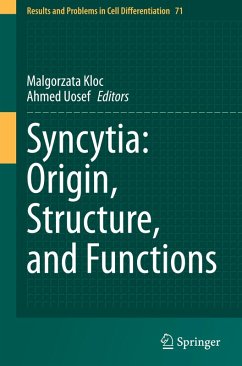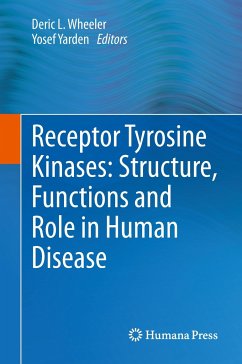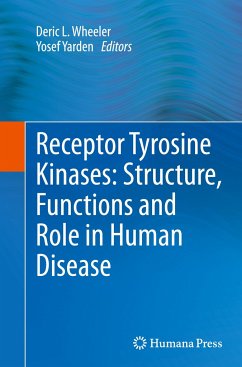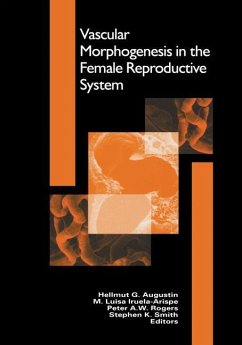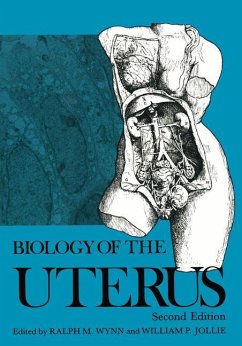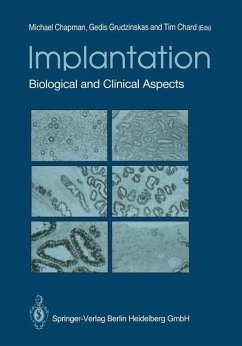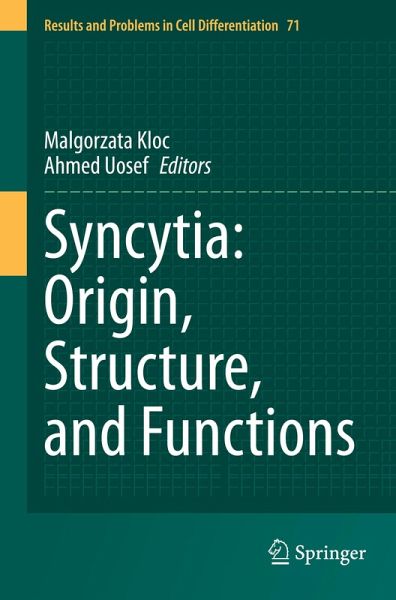
Syncytia: Origin, Structure, and Functions
Versandkostenfrei!
Versandfertig in 6-10 Tagen
136,99 €
inkl. MwSt.

PAYBACK Punkte
68 °P sammeln!
This book gives a current overview on the development, origin, structure, and functions of germline and somatic cell syncytia during embryogenesis and organogenesis. It also reviews pathogen-induced syncytia and the role of syncytial cells in cancer development.The book covers the following topics:germline syncytia, evolution, function and structure; syncytia in embryogenesis and development; the role of somatic cell fusion in fungi, specialized somatic tissues, host defense and adaptation; syncytia induced by viruses and parasites;syncytia and circulating hybrid cells in cancer and other path...
This book gives a current overview on the development, origin, structure, and functions of germline and somatic cell syncytia during embryogenesis and organogenesis. It also reviews pathogen-induced syncytia and the role of syncytial cells in cancer development.
The book covers the following topics:
germline syncytia, evolution, function and structure; syncytia in embryogenesis and development; the role of somatic cell fusion in fungi, specialized somatic tissues, host defense and adaptation; syncytia induced by viruses and parasites;syncytia and circulating hybrid cells in cancer and other pathological conditions;
It also discusses how the genomic adaptations of microorganisms to extreme habitats can prompt the evolution of mononuclear and multinucleate/syncytial cells.
The book offers a fresh outlook on syncytia's role in various processes: embryogenesis, organogenesis, adaptation, host defense, and development of specialized tissues. It highlights the importance of syncytia under physiological and pathological conditions.
The book covers the following topics:
germline syncytia, evolution, function and structure; syncytia in embryogenesis and development; the role of somatic cell fusion in fungi, specialized somatic tissues, host defense and adaptation; syncytia induced by viruses and parasites;syncytia and circulating hybrid cells in cancer and other pathological conditions;
It also discusses how the genomic adaptations of microorganisms to extreme habitats can prompt the evolution of mononuclear and multinucleate/syncytial cells.
The book offers a fresh outlook on syncytia's role in various processes: embryogenesis, organogenesis, adaptation, host defense, and development of specialized tissues. It highlights the importance of syncytia under physiological and pathological conditions.



